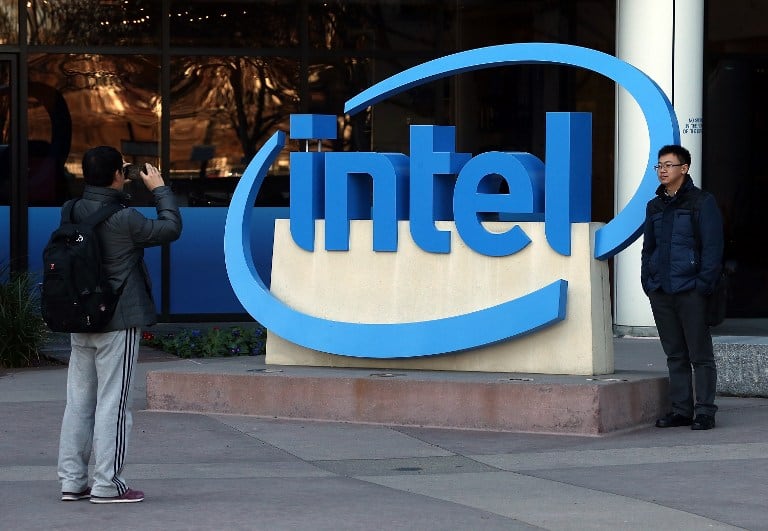Intel announced that it will shut down its chip assembly and test plant in Costa Rica, part of a broader global restructuring aimed at improving operational efficiency. “Following a comprehensive review of our business, we are announcing changes today that will drive greater efficiency and utilization within our global manufacturing network,” the company told employees.
As part of the plan, Intel will consolidate its Assembly and Test Manufacturing (ATM) operations in Malaysia and Vietnam over the coming months, phasing out those functions in Costa Rica. Despite the closure, the company emphasized that Costa Rica remains an important hub in its global operations, employing more than 2,000 people in engineering and corporate services roles.
“For nearly three decades, Intel has been innovating and investing in Costa Rica, and this legacy will continue,” the company stated.
The decision triggered immediate concern among industry groups. The Association of Free Zone Companies of Costa Rica (AZOFRAS) issued a public alert, urging leaders in both the Executive and Legislative branches to take swift action to safeguard national competitiveness.
“The exit of companies from free trade zones not only means a loss of jobs but also sends a worrying signal to other investors evaluating Costa Rica as a destination,” said Ronald Lachner of AZOFRAS.
The Costa Rican Chamber of Industries (CICR) echoed those concerns, calling the Intel plant a key player in the country’s advanced manufacturing sector. CICR President Sergio Capón said the organization has been invited to a meeting with Intel representatives on Tuesday, July 29, to better understand the decision and its implications.
“We’re waiting to engage in a direct dialogue to fully understand the background behind this move,” Capón said.
Adding to the economic strain, two other major companies, Pfizer and Qorvo, announced restructuring plans impacting their operations in Costa Rica. Pfizer disclosed changes that will affect jobs in the country, though specific details on the scope of these changes remain limited.
Meanwhile, Qorvo, a key player in the tech sector, confirmed it will close its Costa Rican plant entirely, relocating operations to Asia. These moves compound the impact of Intel’s partial withdrawal, raising alarm about the stability of Costa Rica’s high-tech and pharmaceutical industries, which have been cornerstones of the country’s economic growth.
The Costa Rican Union of Chambers and Associations of the Private Business Sector (Uccaep) expressed regret over the loss of formal jobs and described the collective exits as “a warning sign of the structural challenges facing the Costa Rican economy.” Uccaep highlighted that the decisions by Intel, Pfizer, and Qorvo underscore the urgent need for reforms to maintain Costa Rica’s attractiveness as an investment destination.
Uccaep called for comprehensive measures to improve the investment climate and prevent further corporate exits. Among their top priorities: labor flexibility, energy system harmonization, streamlined bureaucracy, human capital development, and a stable exchange rate to support productive sectors.
Industry leaders warn that without swift action, Costa Rica risks losing its competitive edge in the global market, potentially deterring future investments and threatening economic stability.






